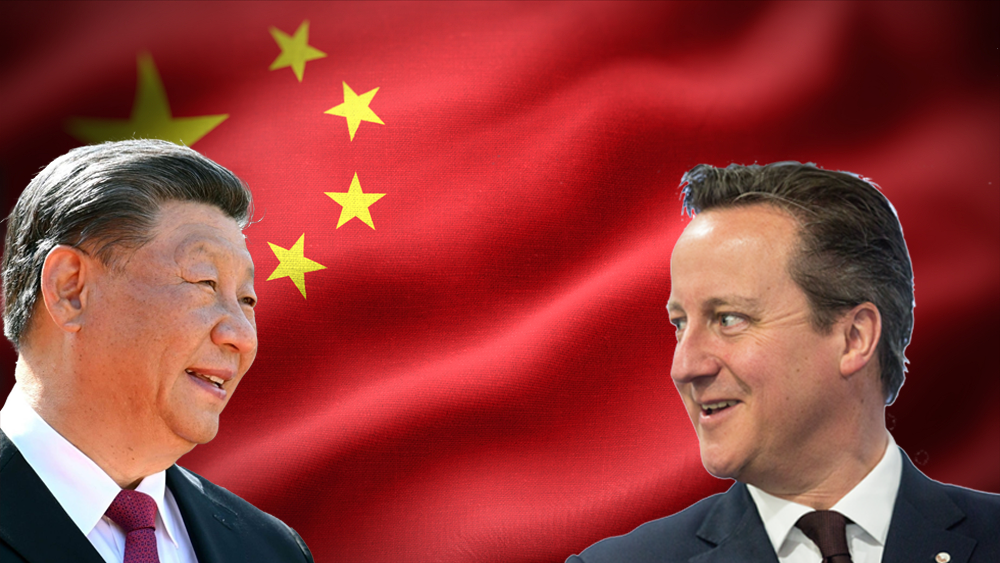
Asked on Wednesday what he believed to be former Prime Minister David Cameron’s “finest foreign policy achievement,” Rishi Sunak stumbled, claiming there were “many, many to pick from,” before picking out … a G8 summit. Perhaps Xi Jinping could have answered more confidently.
The response in Beijing to Cameron’s return to front-line politics, picking up the significant role of foreign secretary in Sunak’s latest reshuffle, was far warmer than that in Britain. An op-ed in the Chinese Communist Party-run newspaper Global Times celebrated that “Cameron’s appointment as Britain’s new foreign secretary has the potential to breathe new life into the China-UK relationship.” The writer added:
As a former British prime minister whose administration focused positively on fostering closer and mutually beneficial ties with Beijing, he is well positioned to engage with a country he came to comprehend well during his time in Downing Street.
This assessment has not come from nowhere. As prime minister, Cameron beckoned a “golden era” in UK-China ties. He treated Xi to a state visit in 2015 and was filmed enjoying a pint with the Communist Party leader in what was then described as “an improbable symbol of the embryonic romance between London and Beijing.” More improbable, perhaps, than the image of Cameron enjoying a pint alongside, say, Nigel Farage.
His appointment to the government is confusing, given the Conservative Party’s more recent efforts to appear critical of China. Ahead of his election as Tory leader, Sunak described Xi’s state as the “number one threat” to domestic and global security. When in the role, he further branded Xi’s regime as “authoritarian.” Since then, reports have emerged of a British parliamentary worker allegedly spying for Beijing and of the risk that China could immobilise thousands of electric cars driven on British streets. And now this.
Tory backbenchers who are critical of China have, according to The Times, already expressed their “dismay.” Labour has also managed to have a pop at the appointment, arguing that it highlights the government’s “incredible naivety” towards Beijing.
Not to mention one of Cameron’s first post-Downing Street ventures, leading a £1 billion (€1.14 billion) UK-China investment fund that sought to further increase ties between the two countries. A parliamentary committee once asked whether the former prime minister’s role was “in some part engineered by the Chinese state to lend credibility to Chinese investment as well as to the broader China brand.” But MPs will not get the chance to question Cameron on all this in the House of Commons now, since his appointment to the cabinet was made on the basis that he joined the House of Lords.
